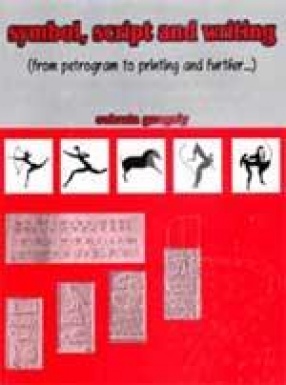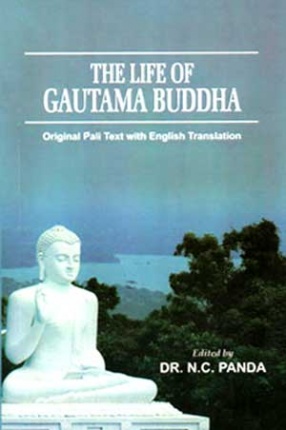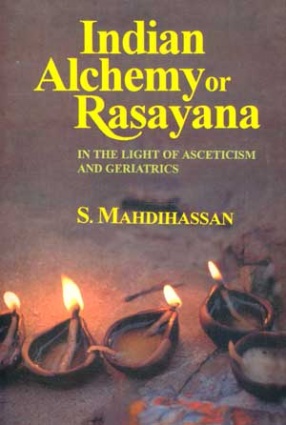This book attempts to deal with the old and yet very modern problem of different scripts for different languages. However, it is concerned with one people – the variegated people who make up the multi-lingual republic of modern India, with all its requirements for developing into an up-to-date commercial and industrial power-centre. Starting from the very beginnings of script in Egypt and Sumer, the book deals with the fascinating evolution and spread to South Asia of various scripts and their mutual influences on each other through the ages. It explains the biologic and phonetic bases of vowels and consonants. The Indian reader is likely to be surprised to learn about the decisive role of Sanskrit and of the great grammarian Panani in the story of the scripts and languages unfolds. In the end, author offers practical conclusions for a transliteration of traditional Indian scripts and symbols into simpler and computer-feasible Roman scripts which would enable an average Indian to read messages and sign-boards in various Indian languages without necessarily knowing them.
Symbol, Script and Writing
$45.00
$50.00
In stock
Free & Quick Delivery Worldwide
All orders amounting to US$ 50 or more qualify for Free Delivery Worldwide. For orders less than US$ 50, we offer Standard Delivery at $14 per book.
ABOUT THE AUTHOR Subrata Ganguly
Subrata Ganguly who was born at Nazira (Assam) graduated in Calcutta and went for higher education (Engineering) to the University of Aachen (Germany). He added to his academic education further studies in Economics and Business Administration at the same University, finally doing a teacher’s training course in Dusseldorf. Travelling has been a passion with him. He Travelled in most of Europe. Travel roused his interest in language and scripts. The national boundaries of states might represent different languages, but he found that reading the names of streets and shops was made simple by a single script everywhere in Europe. Different phonetic sounds could be represented by the same letter in the same script. In Russia and in China he added to his experience of script, language and phonetic symbol. He realized that acquaintance with script even without acquaintance with language provided some degree of assurance in communicational attempt. In Turkey, where the language has come from Asia, but its script is Roman, he found the understanding of the gist of any communication relatively less difficult. But it was very different when he crossed the border into Iran. The Arabic-origin script, unlike the Roman in Turkey, made communication next to impossible. Travelling through India added to S. Ganguly’s experience. Though an Indian himself and able to speak some of the Indian languages, he could not red most of the scripts used. He found many people as ignorant about the script of their own spoken language as of other Indian languages. He became interested in investigating into the roots of different scripts in different countries. He noted among other things that every nation of the world except India used only a single script in the whole country. This triggered his research for a single script to serve the various Indian Languages.
reviews
0 in total
Review by Anonymous
Be the first to review “Symbol, Script and Writing” Cancel reply
You must be logged in to post a review.
Bibliographic information
Title
Symbol, Script and Writing
Author
Edition
1st ed.
Publisher
ISBN
8185934070
Length
238p., Figures; Tables; Bibliography; Index; 26cm.
Subjects
more by Subrata Ganguly see more
similar bookssee more
Indian Alchemy or Rasayana: In the Light of Asceticism and Geriatrics
In Indian Alchemy Dr. ...
$22.50
$25.00






There are no reviews yet.